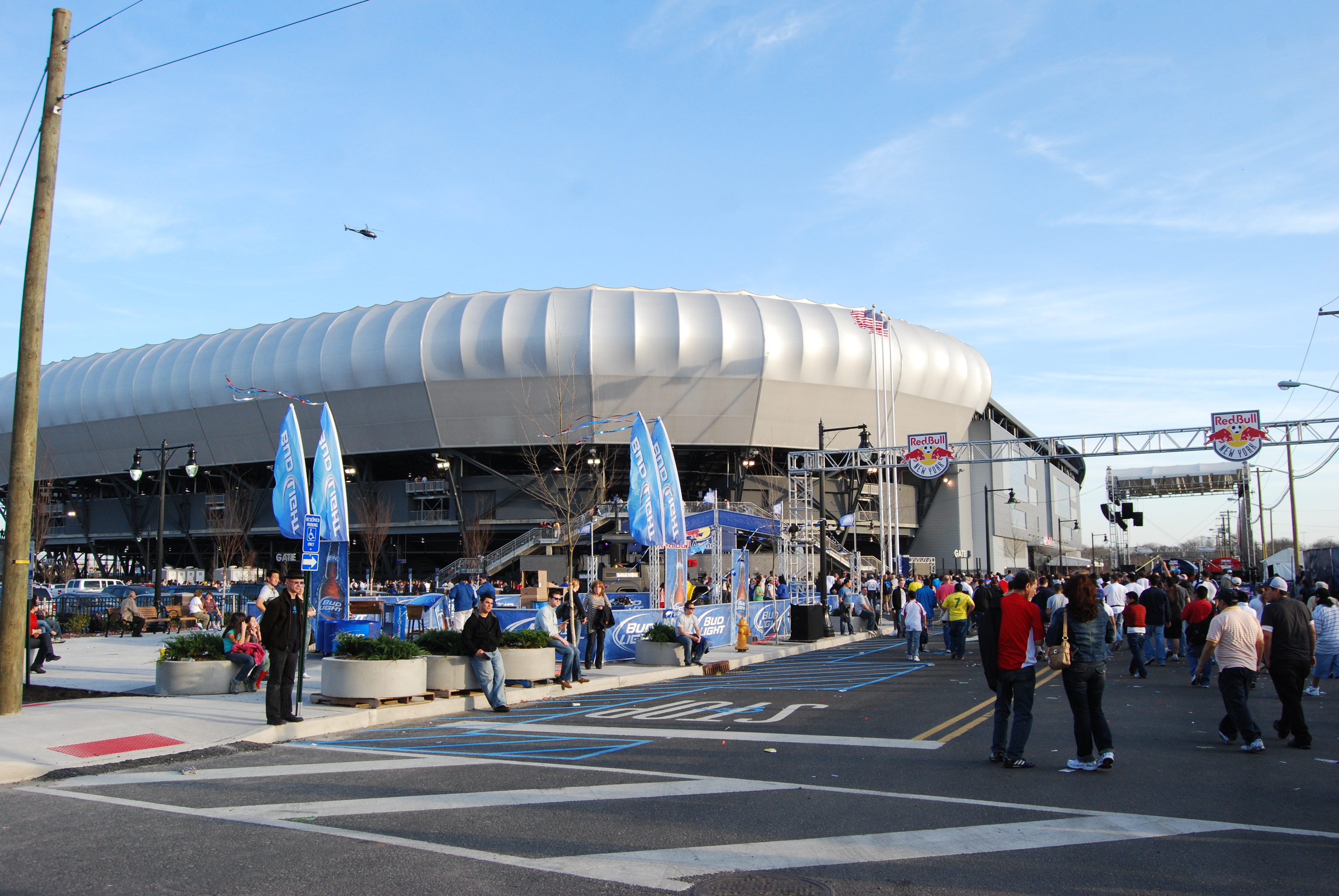Harrison’s defense denies Red Bulls for a third time
The owner of Red Bull Arena is unable to break through Harrison’s defense in its pursuit of a property tax exemption for its arena that is home to the New York Red Bulls Soccer Club.

The property is owned by the Harrison Redevelopment Agency (“HRA”), a municipal entity created pursuant to the Local Housing and Redevelopment law (“Redevelopment Law”) and leased to the Hudson County Improvement Authority (“HCIA”), an entity created under County Improvement Authorities Law (“Authorities Law”). The lease required the HCIA to sublet the property to Red Bull. During the lease term Red Bull owns the stadium, with ownership reverting back to the HRA upon termination of the lease. Pursuant to the terms of the lease, Red Bull is responsible for the payment of any real property taxes assessed.
Red Bull contends that the land and stadium are exempt from local property taxes pursuant to the Authorities Law and the Redevelopment Law. In the two prior matters the Tax Court ruled that once the property was transferred to Red Bull and no longer held by the redevelopment agency, it no longer fulfilled the statutory purpose of redevelopment and was no longer exempt.
In this consolidated appeal of the two previous Tax Court cases that dismissed Red Bulls’ exemption claims, the appellate court affirmed, although it did so for reasons different from those expressed by the Tax Court. The appellate court found that while the HCIA may, under the Authorities Law, operate public facilities for public recreation and entertainment, Red Bull operates the stadium privately for its own economic benefit. The operation of the stadium is not for recreation or activities that are freely open to the general public. The court concluded that Red Bull’s actual operation of the stadium exceeds the HCIA’s and HRA’s statutory mandates. While the HRA “owns the land and the stadium, the property is not tax exempt because it is not devoted to the public use contemplated by the exemption statues.”
A copy of the appellate court’s opinion may be found here.






